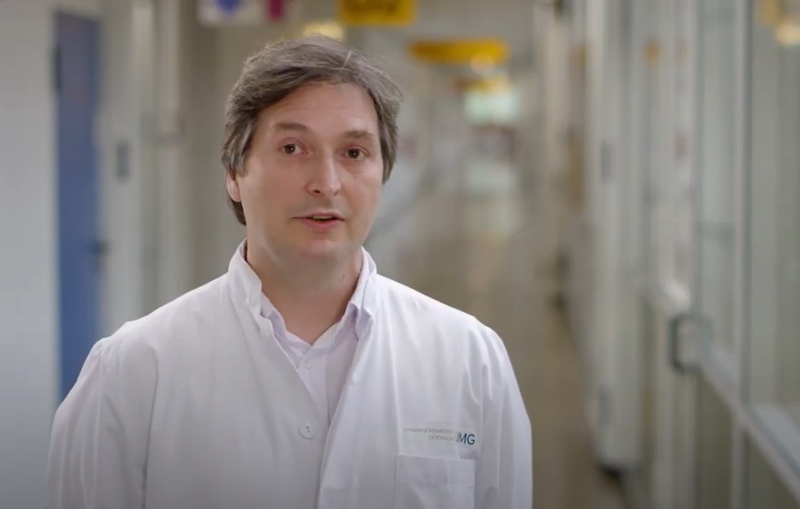Channels
Special Offers & Promotions
Rapid LC-MS Analysis for TDM - Shimadzu and UMG G

Shimadzu and UMG (University Medical Center Göttingen) team up to develop new clinical LC-MS methods for more rapid and flexible TDM analysis
Shimadzu, a global thought leader in innovative laboratory instrumentation, is embarking on a new collaboration with the University Medical Center Göttingen (UMG). UMG is one of Germany's leading university medical facilities. The collaboration will focus on the development of new clinical laboratory methods using liquid chromatography - mass spectrometry (LC-MS) for therapeutic drug monitoring (TDM) analysis.
TDM in healthcare
TDM plays a vital role in providing precision medical care. TDM analysis measures the concentration of drugs currently in the blood to determine the required next dosage of a drug, e.g., antibiotics, antiepileptics, antidepressants, etc. That means that it is especially important for a clinical laboratory to test a sample and return the result to the doctor as swiftly as possible.
This is especially true for emergency patients who demand a special treatment. Because the standard dosage may not meet their needs in Intensive Care Unit (ICU), fast test results are crucial for doctors to properly treat patients and save lives.
Looking beyond conventional solutions
The conventional method for conducting TDM tests has been to use an immunoassay.
More recently, however, clinical laboratories have been turning to LC-MS systems for this purpose. Among the advantages of LC-MS are greater accuracy and flexibility.
Despite this overall superiority, methods using LC-MS have previously been difficult to apply in emergency cases because of the complexity of sample preparation. For instance, the high flexibility of the LC-MS system also means that each target group of drugs requires its own column, mobile phase, and analysis conditions such as temperature. This means that it can take time to switch methods to start a new sample analysis. And that can make it difficult for a clinical laboratory to quickly return analysis results to the doctors who need them.
Making a good method faster
But Shimadzu's CLAM-2030 has shown enormous potential in simplifying, streamlining and speeding up LC-MS testing. CLAM-2030 is a fully automated sample preparation module for LC-MS. Lab technicians simply place blood collection tubes in position and the module automatically performs sample pretreatment steps up to LC/MS/MS analysis.
Good news for emergency patients everywhere
Further developing and testing this potential will form the core of the new collaboration between Shimadzu and UMG. Working together with Prof. Andreas Fischer, Dr. Frank Streit and other leading experts at University Medical Center Göttingen, new methods for multiple target groups of drugs will be developed. The team will also use CLAM-2030 to optimize these new methods so that clinical laboratories can switch methods easily and flexibly – and most importantly quickly. This will mean that the more accurate results of LC-MS testing can be used by doctors more rapidly than ever before.
Working together leads to greater innovation
The collaboration with UMG takes place under the auspices of Shimadzu’s ambitious European Innovation Center (EUIC) program. Shimadzu’s EUIC puts our cutting-edge analytical technologies to work with top-level expertise in science, technology and society in order to create new and better solutions for tomorrow.
Video - CLAM-2030, a game changer for university hospitals
Media Partners


